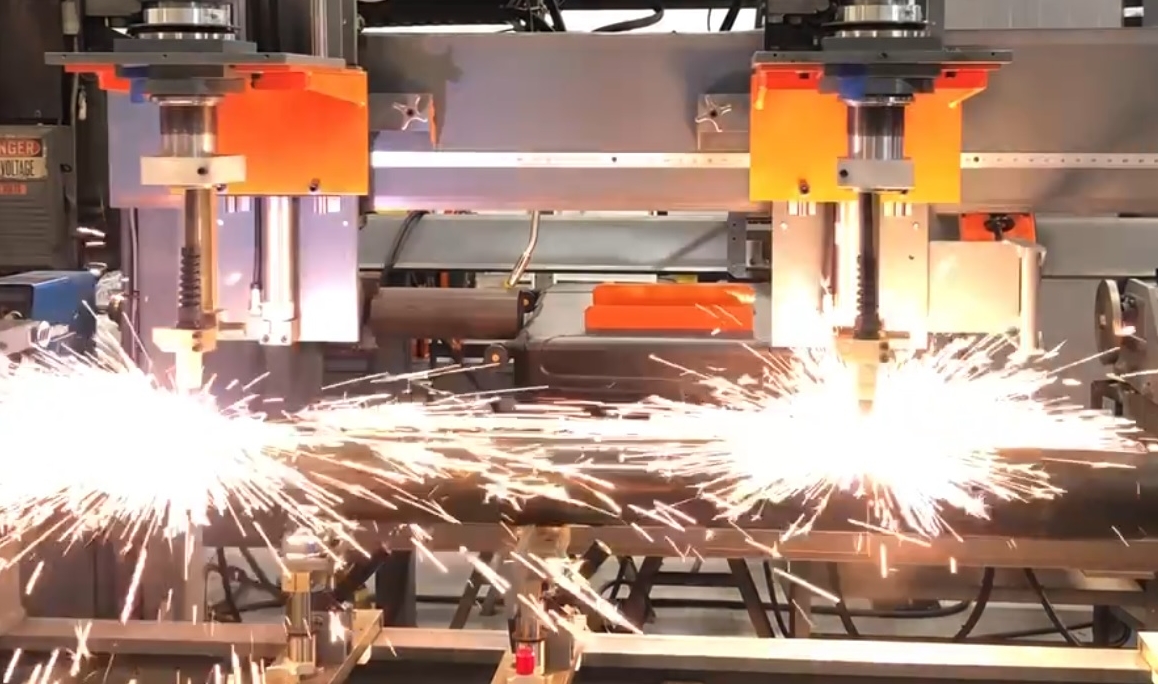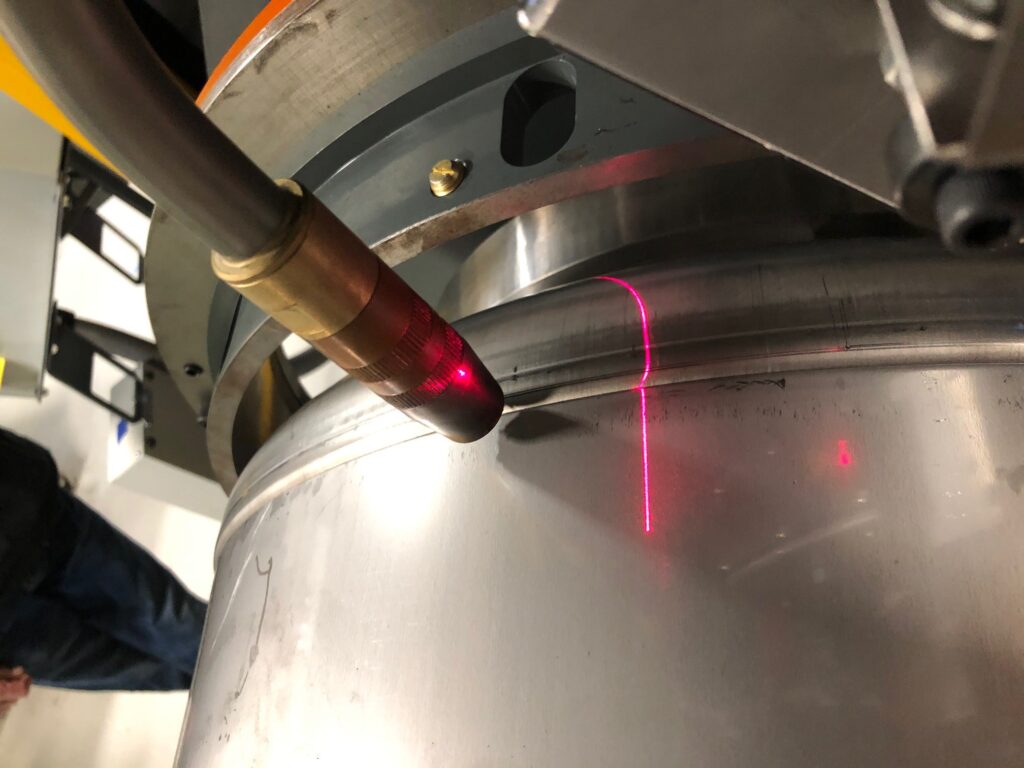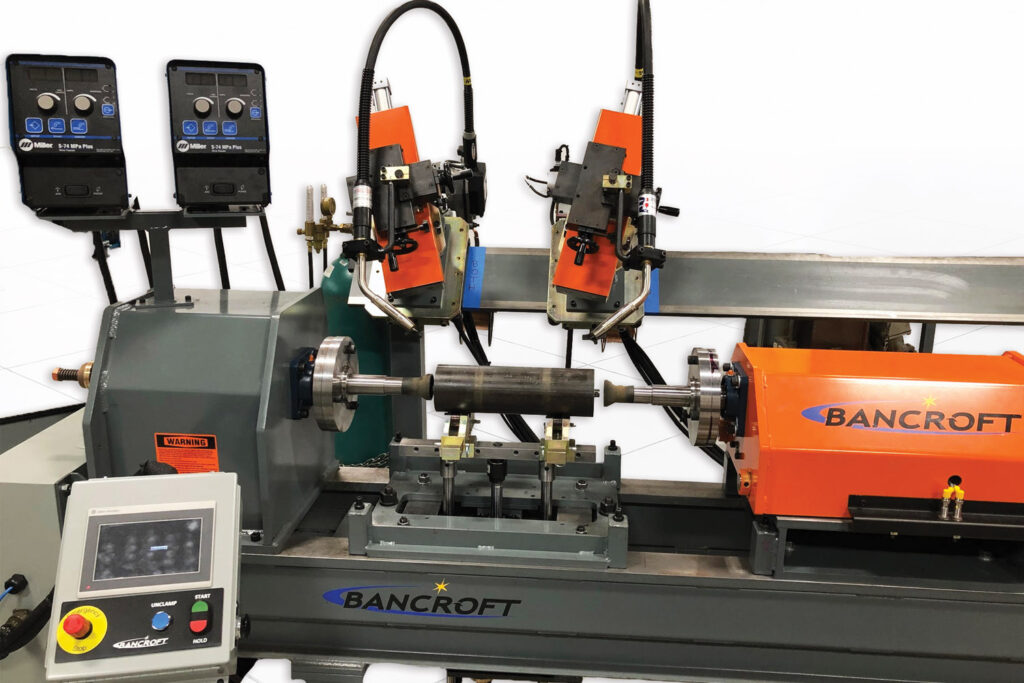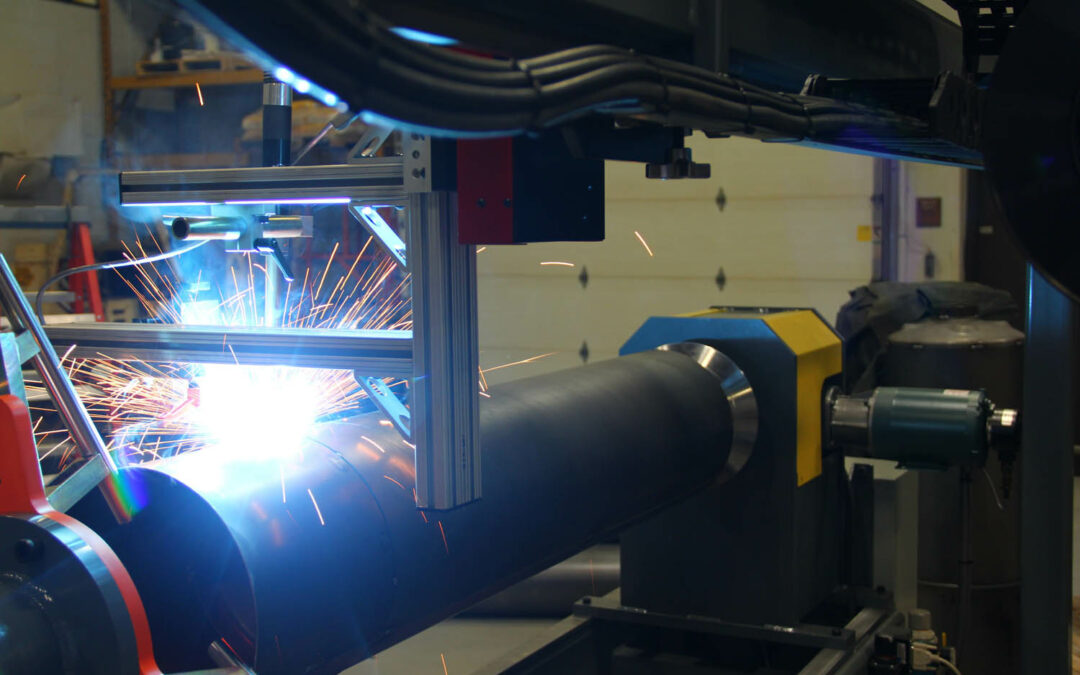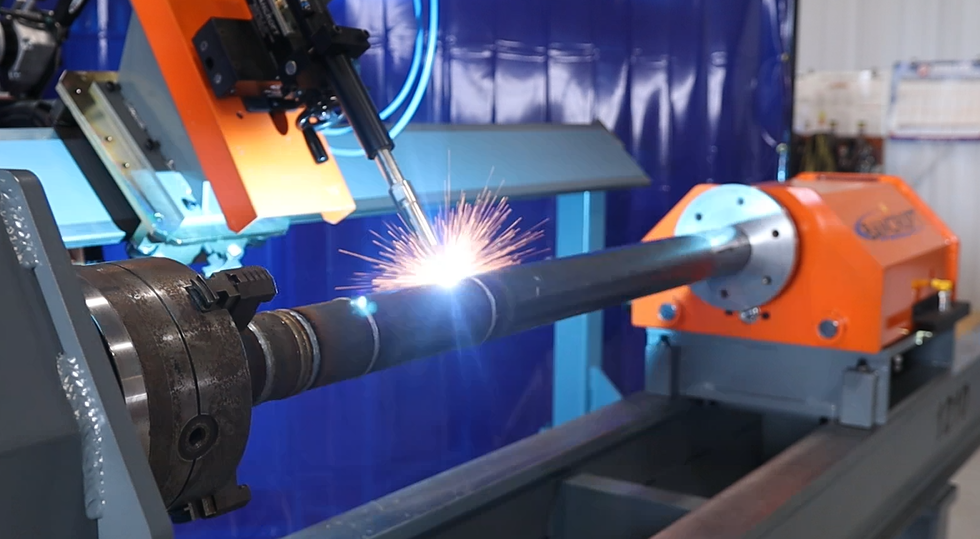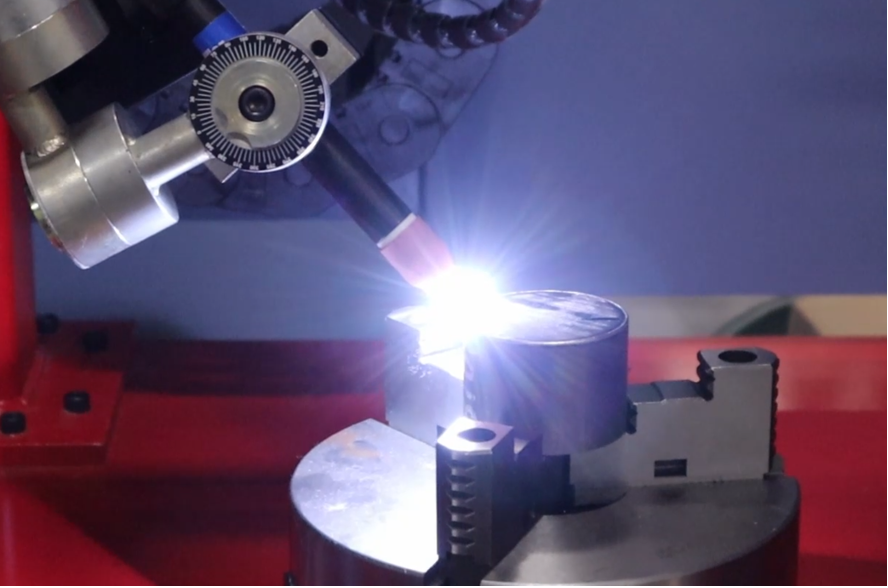Integrating welding automation into your manufacturing process has major benefits. Automated welders and robots are more efficient than humans and can improve overall productivity. BUT that doesn’t mean skilled welders are no longer useful—far from it.
Skilled welders have a wealth of experience and knowledge surrounding the welding process, making them some of the best automation programmers around. We’re diving into the 4 reasons why we think skilled welders make the best automation programmers—Read on!
#1. Welding Process Understanding
Producing high-quality welds requires process-specific knowledge. Manual or automated, the understanding of how the process works is vital! The most common variables include:
- Part variability
- Welding torch position
- Heat input
- Travel speed
Leveraging a skilled welder’s expertise can greatly reduce the time and effort it takes to setup or improve automated welding systems and programs.
#2. Application & Equipment Insight
It’s commonplace for the operator to be involved in selecting the automatic welding equipment setup and variables. To properly configure a welding cell, it’s important to have the knowledge of the best equipment for the specific welding application. Take the GMAW process for example, the following must be selected correctly:
- Wire size
- Power supply
- Shielding gas
- Operating mode
- Voltage & current
- Torch angles
Tapping the knowledge of a seasoned welder during this decision-making process often results in higher weld quality, lower scrap, improved production rates, higher ROI’s and a better optimized overall setup.
#3. Troubleshooting & Optimization Knowledge
Troubleshooting and problem-solving skills is a requirement for any kind of welder. Veteran welders are well-versed in overcoming challenges such as part inconsistencies, reducing rework and achieving cosmetic requirements. A skilled welder will also be well versed in the limitations of a process, peripherals and material types.
#4. Ongoing Growth & Innovation
Automation has become possible for more than just large corporations. Technology is becoming more flexible, making automation systems economically justifiable and productive for manufacturers of all sizes.
We’ve seen a number of small, repetitive welding jobs be transitioned to an automated process, freeing up skilled welders for more difficult projects. This not only keeps your skilled welders learning and growing but also encourages them to continue to be challenged in their day-to-day job and move your business forward!
Custom Welding System Builders
Automation is aimed at supplementing the welding workforce, not replacing it! Bancroft Engineering has the experience and equipment to help manage a transition to automated or semi-automated welding. Get in touch with our engineers today to discuss how we can help optimize your process with custom equipment.
